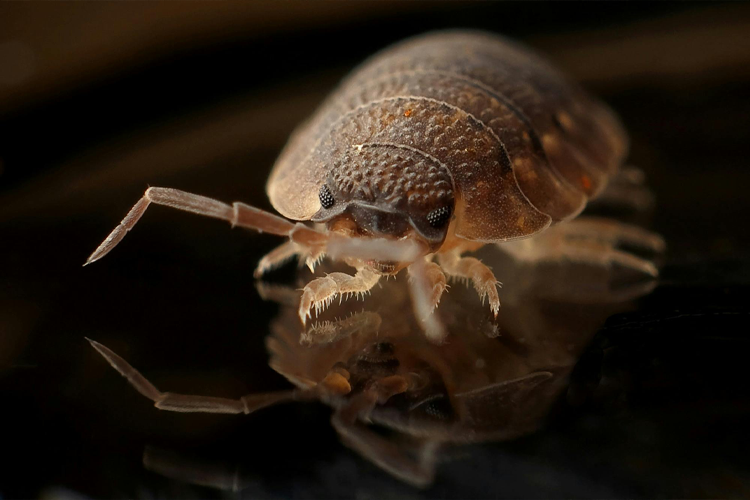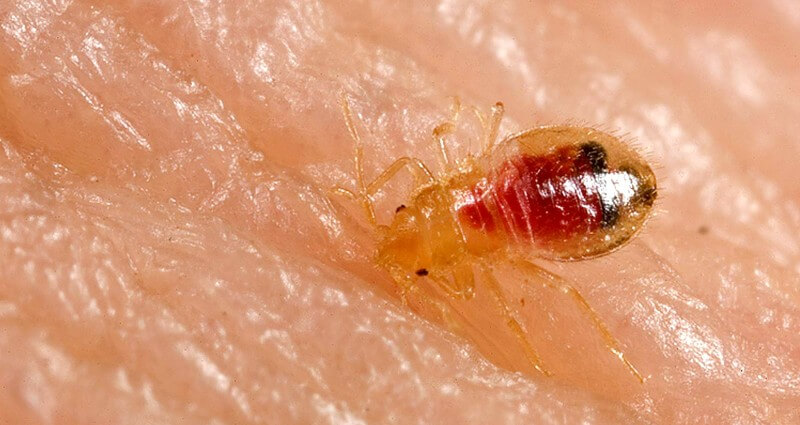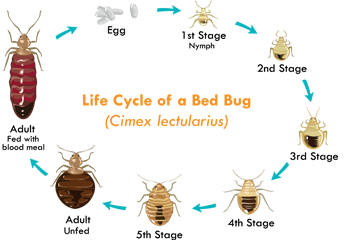A Failure of the Different Types of Insect Control Solutions
In the realm of insect control, a plethora of techniques exist to attend to and deal with the existence of unwanted animals. From the conventional use chemical pesticides to much more innovative biological control options, each strategy supplies distinctive benefits and constraints. As we browse via the varied landscape of insect control remedies, understanding the complexities of each approach becomes paramount in determining the most effective strategy. Keep tuned as we check out the nuanced world of insect control methods and uncover how each type plays a special duty in securing our settings.
Chemical Pesticides
Chemical chemicals are typically made use of in bug control to properly eliminate a wide variety of bugs and various other parasites. These pesticides work by targeting the nervous system of the parasites, interrupting their normal features, and eventually bring about their demise. The usage of chemical pesticides has been a staple in the bug control industry for decades as a result of their performance and fast results.

Nonetheless, it is important to utilize chemical pesticides with caution due to their prospective damaging results on the environment and non-target types. Improper application or overuse of these chemicals can bring about air pollution, harm to advantageous insects, and resistance growth in parasite populations. It is important to adhere to safety guidelines and laws when utilizing chemical pesticides for parasite control.
Biological Control Approaches
Thinking about the possible ecological effects and dangers connected with chemical pesticides, organic control approaches provide a more sustainable method to handling parasite populaces. Organic control involves making use of natural enemies, such as predators, bloodsuckers, and microorganisms, to reduce insect populaces. This approach is often extra targeted, affecting only the specific bug varieties while lessening damage to valuable insects, human beings, and the environment.

As soon as developed, all-natural adversaries can aid manage pest populations continually without the need for repeated applications of pesticides. Additionally, organic control is usually a lot more affordable and can help lower pesticide resistance in insect populaces over time.

Mechanical Insect Control
Mechanical pest control entails the physical control or elimination of pests to manage their populations properly. This approach is commonly used along with various other insect control techniques for thorough insect administration. One usual example of mechanical bug control is making use of catches to capture rodents or bugs. These catches can be set up in critical areas where bugs are understood to dwell, assisting to decrease their numbers.
Another mechanical method is using obstacles such as screens, nets, or fences to block bugs from entering specific locations. By literally preventing insects from accessing an area, the possibility of infestations or damages can be substantially lowered. Furthermore, hand-operated methods like handpicking insects off plants or frameworks can be reliable for smaller-scale invasions.
While mechanical bug control techniques can be labor-intensive, they provide a non-chemical choice that can be eco-friendly and sustainable. By targeting bugs straight, mechanical control strategies can help keep parasite populaces in check without depending on pesticides.
Natural Remedies
Utilizing all-natural solutions for pest control offers a lasting and eco-friendly strategy to managing insect populations without resorting to chemical interventions. hop over to these guys Natural treatments include making use of compounds stemmed from plants, minerals, or other naturally happening sources to hinder or eliminate bugs. For instance, planting particular natural herbs like basil, mint, or lavender around your residential or commercial property can ward off pests because of their solid fragrances. Diatomaceous earth, a powder made from fossilized algae, can be utilized to deal with bugs like ants, cockroaches, and bed insects by dehydrating their exoskeletons.
Furthermore, essential oils such as tea tree oil or neem oil have insecticidal properties that can effectively control pests while being secure for the setting. Another natural solution is presenting useful insects like ladybugs or hoping mantises to your garden to prey on dangerous insects. By including these all-natural solutions into parasite monitoring techniques, individuals can lower their reliance on artificial chemicals and promote a much healthier, a lot more balanced environment.
Integrated Insect Management
Integrated Pest Management (IPM) is an extensive technique that integrates various strategies to efficiently manage pest populations while lessening risks to human wellness and the environment. IPM entails the assimilation of several parasite control methods such as organic control, habitat control, modification of social techniques, and making use of resistant plant ranges. By making use of a mix of these techniques, IPM aims to reduce dependence on chemical pesticides, which can have unfavorable effects on ecosystems and human health and wellness.
One secret aspect of IPM is the emphasis on avoidance. By executing measures to avoid pest problems before they happen, such as maintaining appropriate sanitation and securing entrance factors, the need for responsive insect control procedures is minimized. Surveillance and regular assessments play a vital duty in IPM, enabling early detection of bug problems and timely treatment.
Verdict
In final thought, the various types of insect control remedies provide a variety of options for properly handling insect infestations. Organic control methods make use of all-natural killers to manage pests. Integrated Pest Management incorporates numerous approaches Find Out More for an all natural strategy to pest control.
Chemical pesticides are commonly made use of in parasite control to effectively remove a large variety of bugs and other parasites.Mechanical insect control entails the physical manipulation or elimination of bugs to handle their populaces effectively (Kings Bed bug exterminator Cincinnati).Making use of all-natural treatments for pest control offers a eco-friendly and sustainable approach to handling insect populaces without resorting to chemical interventions.Integrated Pest Management (IPM) is a thorough technique that incorporates various approaches to successfully manage pest populations while lessening risks to human health and go to these guys wellness and the setting.In conclusion, the different kinds of parasite control services offer a range of choices for properly taking care of bug problems